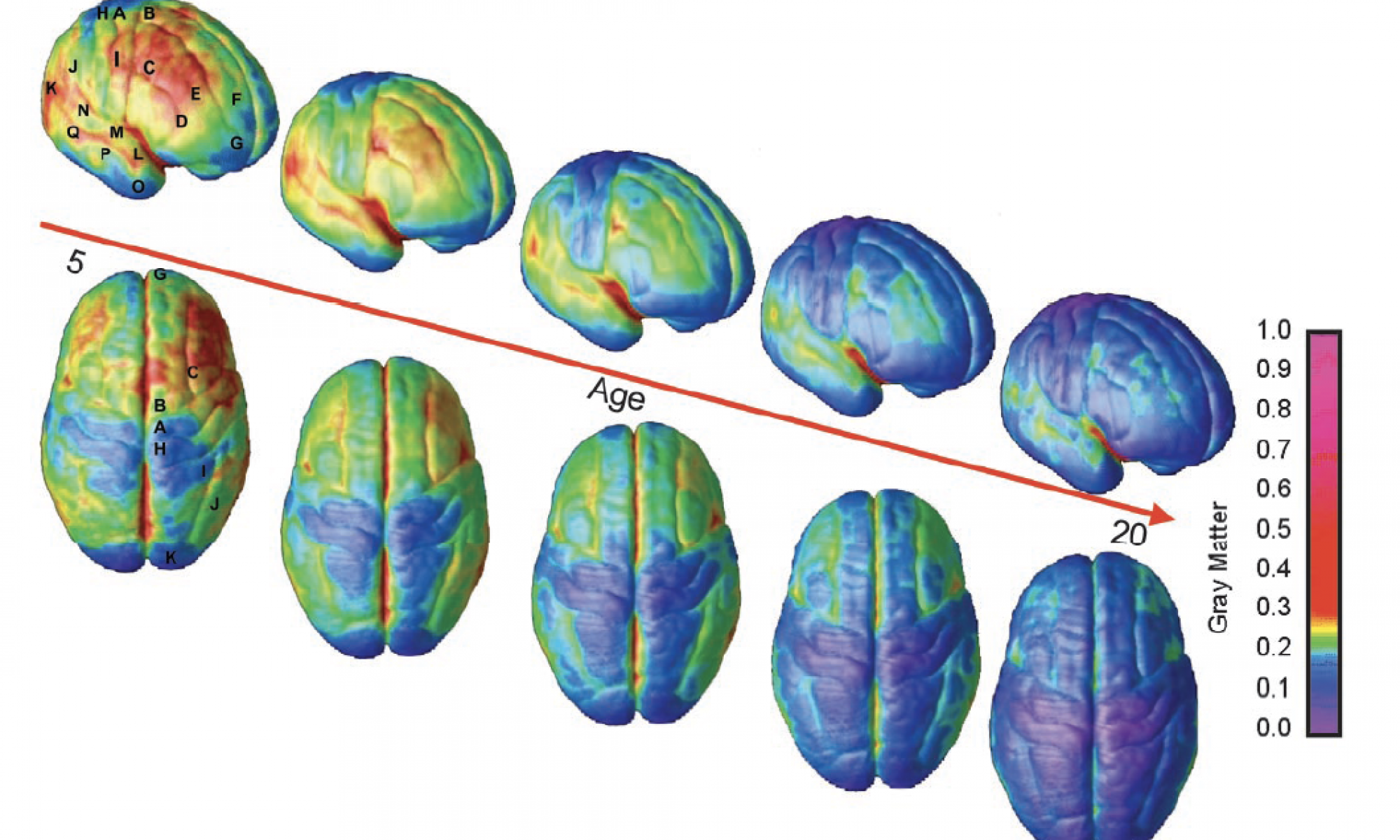Based on previous research because of personal interest, I was already exposed to information that agrees with the New York Times article “The Juul is Too Cool”. An article by the American Cancer Society has also provided new information on the dangers of juul. The ACS coincides with the NYT article that the most dangerous part of having a juul is that the flavors appeal to younger audiences, such as teenagers. The ACS argues in their article that the FDA is not doing enough to inform teens about the dangers of using a juul – two examples being not providing enough public information about it, or not placing a nicotine warning on the packaging until recently. The ACS also researched into the components of the juul liquid and found that it has an extensive amount of nicotine in it. What teens don’t realize is that nicotine is an addictive drug that can harm the development of the brain. As teenagers’ brains develop until the age of approximately 25, the popularity of the juul amongst teens is dangerous because an excessive number of teens are consuming a lot of nicotine and aren’t aware of the negative side effects that it has on your brain’s development. From personal experience, I don’t think the juul epidemic is going away any time soon, therefore we must educate the public about its dangers to reduce the amount of potential damage that can be done to the development of the brain from consuming nicotine.
Citation :
Simon, Stacy. “JUUL E-Cigarettes and Youth: What You Need to Know.” American Cancer Society, American Cancer Society, www.cancer.org/latest-news/juul-e-cigarettes-and-youth-what-you-need-to-know.html.
